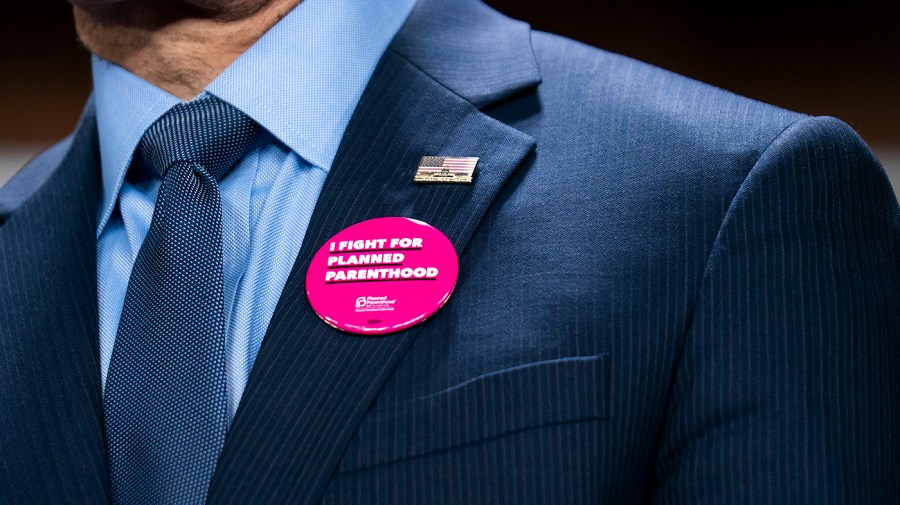Planned Parenthood Cuts Risk Women's Health Beyond Abortion

Impact of Federal Funding Changes on Planned Parenthood
Planned Parenthood is facing a potential loss of significant federal funding under a policy that could lead to the closure of up to 200 clinics. This situation has raised serious concerns about the availability of reproductive and primary health care services for millions of Americans.
The policy, part of a large spending package signed in July, includes a provision that prohibits health care providers who perform abortions from receiving Medicaid funding if they receive more than $800,000 in federal reimbursements. This measure has prompted legal action from Planned Parenthood, which argues that its clinics are among the most affected by this change.
A federal judge recently approved a temporary pause on the Medicaid funding cut for two weeks, but the future of this funding remains uncertain. The judge will hear arguments on whether to extend this pause further.
Planned Parenthood officials claim that the loss of Medicaid funding would have severe consequences for public health. They emphasize that the organization provides essential services such as cancer screenings, sexually transmitted infection testing, and well-woman exams, many of which are unrelated to abortion procedures.
Most of Planned Parenthood’s Medicaid reimbursements come from services that do not involve abortion. These services are critical for many individuals, especially those in rural areas where access to other health care providers is limited.
For many people, Planned Parenthood clinics are the only place where they can receive sexual and reproductive health care. If these clinics close, it is unclear where patients would turn for care.
Stephvonne Steele, a 25-year-old eligibility specialist in Florida, shared her experience of needing urgent care for a yeast infection. When she contacted a doctor's office, she was told she would have to wait months. She turned to a nearby Planned Parenthood clinic, which provided her with an appointment within 24 hours.
Alina Salganicoff, senior vice president and director of women’s health policy, noted that even if other providers exist, they may not be able to accommodate the increased demand. Many private OB-GYN offices do not accept Medicaid due to low reimbursement rates, and long wait times for appointments are common due to physician shortages.
The U.S. is experiencing a growing shortage of both primary care physicians and obstetricians and gynecologists. By 2036, the country is expected to face a shortage of 20,200 to 40,400 primary care physicians. Additionally, there will be about 3,000 fewer OB-GYNs practicing in the U.S. by 2030.
One alternative for Medicaid patients is to visit federally qualified health care centers (FQHCs). However, these centers are not equipped to handle the volume of patients that Planned Parenthood serves. According to an analysis from the Guttmacher Institute, FQHCs would need to increase their capacity by 56 percent to meet the need for contraception care alone.
Nisha Verma, senior adviser of reproductive health policy and advocacy at the American College of Obstetricians and Gynecologists, stressed the importance of preventative care. Conditions like cervical cancer can be prevented with regular pap smears, and untreated STIs can lead to serious health issues. She warned that if more Planned Parenthood clinics close, more Americans could end up in "health care deserts" and suffer from progressive diseases.
Planned Parenthood has been providing sexual and reproductive health care services since 1916. It serves over 2 million people annually through nearly 600 clinics across the U.S. The organization plays a vital role in ensuring access to essential health care services, particularly for those in underserved communities.
Post a Comment for "Planned Parenthood Cuts Risk Women's Health Beyond Abortion"
Post a Comment